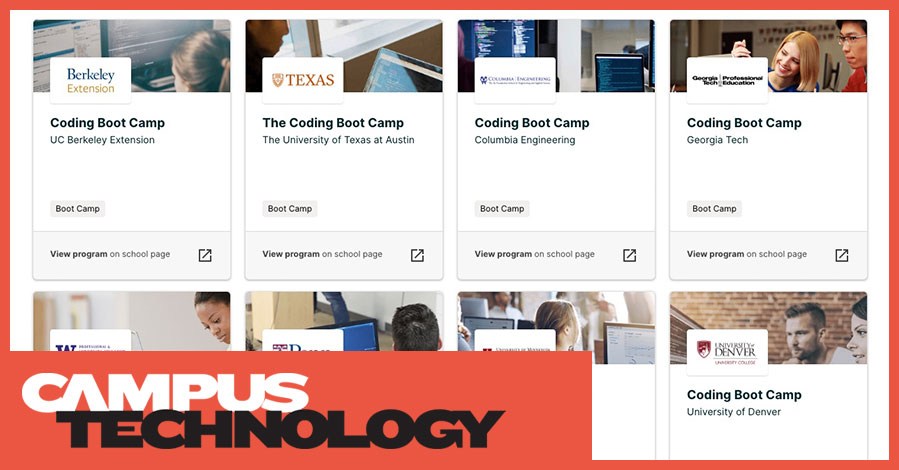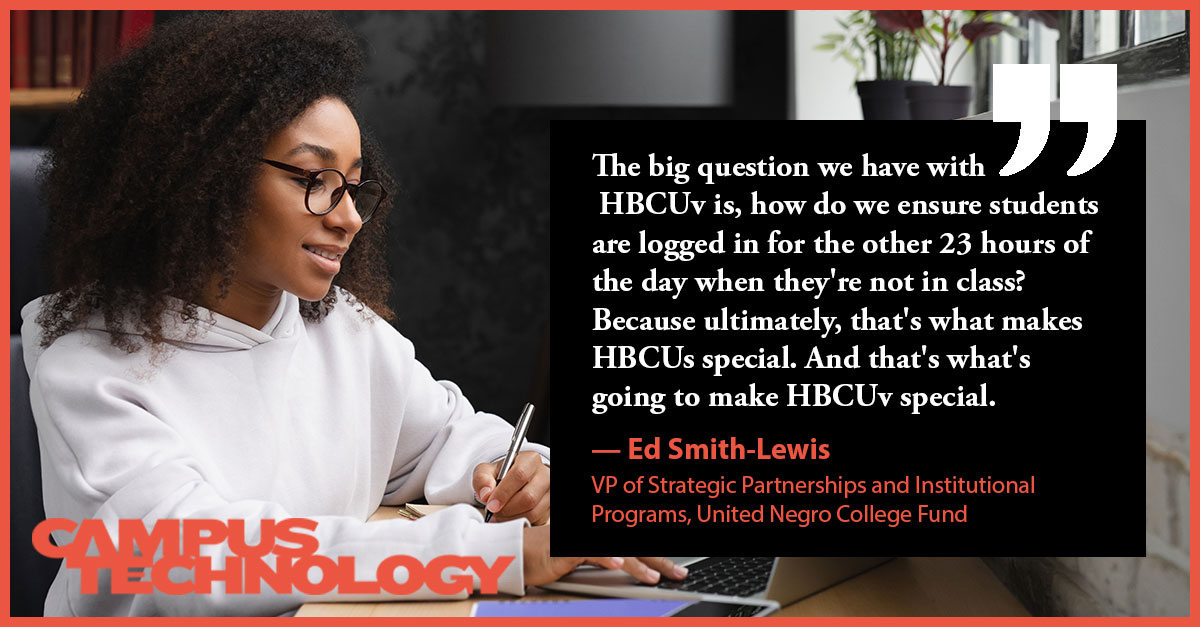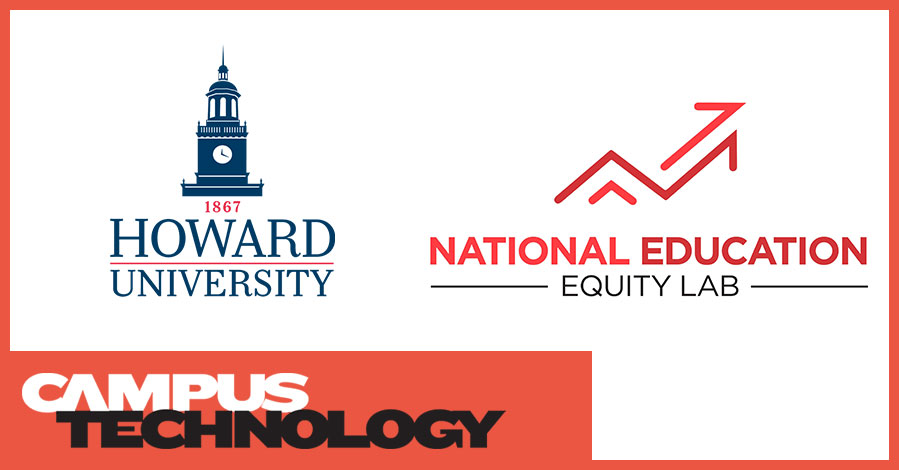Texas Tech University is launching a one-year pilot program to help students in the state complete their diplomas or earn a GED. The program is in partnership with TTU K–12, a fully online school district operated by Texas Tech, and is being made possible by a $1.8 million grant from the United States Department of Education and the Texas Workforce Commission.
Learning technology company D2L has launched its Brightspace Creator+ package, allowing anyone to create digital courses without having to learn coding.

Online learning company 2U has moved its boot camp offerings to the edX brand with the introduction of edX Boot Camps, intensive technology training programs designed to meet the upskilling and reskilling needs of working adults.

Arizona State University's Thunderbird School of Global Management has partnered with ed tech company Instructure to provide its Canvas learning platform to the Francis and Dionne Najafi 100 Million Global Learners Initiative through 2030.

Google announced it is partnering with Columbia University, the University of Michigan, Arizona State University, and the University of Illinois' Gies College of Business to offer new industry specializations in growing fields to complement its Google Career Certificates.

As a predominately online institution geared toward serving adult students, University of Massachusetts Global is rethinking traditional models of education to embrace the flexibility and career relevance that working learners need. We spoke with Dr. David Andrews, chancellor of UMass Global, about developing a new credentialing ecosystem, listening to student and industry needs, and the data infrastructure that can really support student success.

A new report from Educause offers a concrete plan of action to move colleges and universities toward the future of hybrid learning.

According to a recent Educause survey, the number of students expressing preferences for courses that are mostly or completely online has increased 220% since the onset of the pandemic, from 9% in 2020 (before March 11) to 29% in 2022.

The United Negro College Fund and Deloitte Digital have embarked on an ambitious effort to reimagine online education for historically Black colleges and universities. Here's how they're leveraging technology to put community at the center of the online HBCU experience.

Howard University and the nonprofit National Education Equity Lab have announced they are expanding a program that allows high school students in historically underserved communities to take college Algebra in their high school classrooms and earn college credit at no cost.